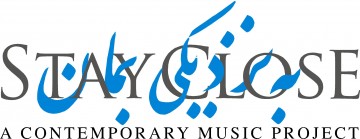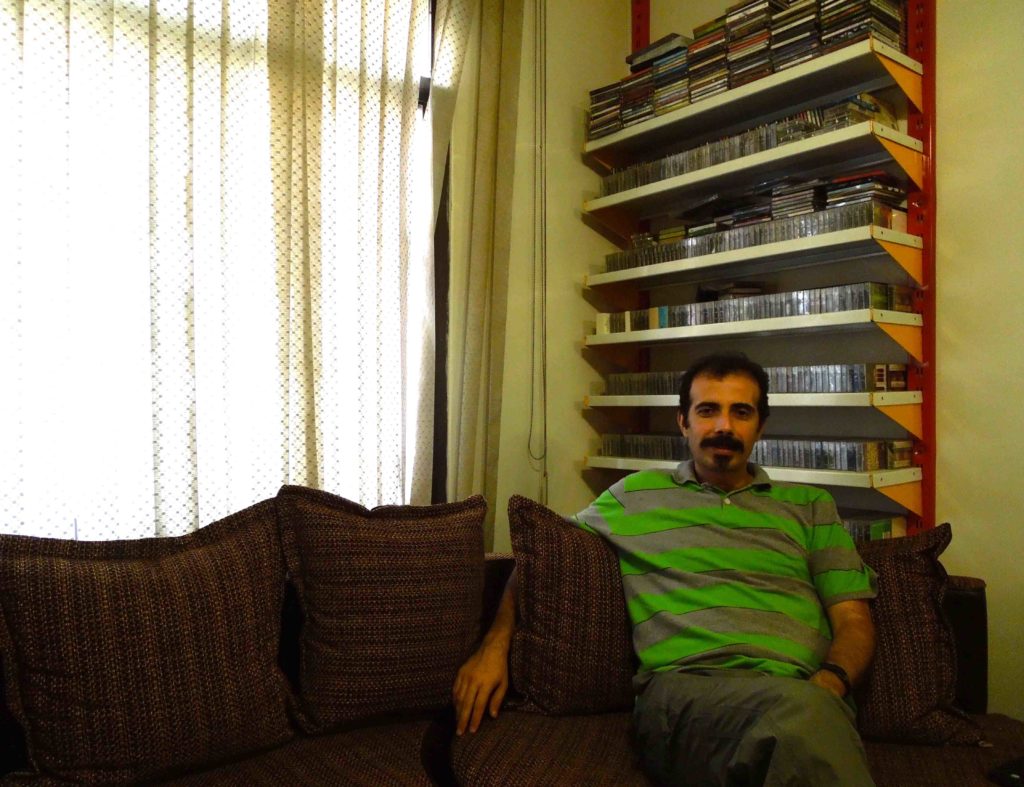Arvin Sedaghatkish
I first met Arvin at a talk he gave comparing two pieces by contemporary Iranian composers – ‘Music – Haiku’ for solo piano by Ehsan Saboohi and ‘Only that spark and nothing more’ for solo oboe by Karen Keyhani. He talked at great length about how both composers allude to aspects of traditional Iranian music in their work, making use of dastgah modes and rhythmic patterns found in the radif, while at the same time deconstructing and rejecting them. Arvin particularly noted that what gave the music its ‘Iranian’ identity was in many cases the various and complex ways that composers avoided wholesale borrowing from more traditional forms: thus through the deconstruction of the old, a new form of musical language is produced that says something particular about Iranianness in its contemporary form. Arvin has an encyclopaedic knowledge of the history of music in Iran, having taught santoor, composition, electronic music and criticism and analysis, publishing on average thirty articles a year (in both English and Farsi) as well as editing a free bi-quarterly journal on music history and analysis called Mehregani.
Later we met for a second time and spoke of the conflicts that lie at the heart of Iranian identity and the struggles encountered by Iranian artists in representing themselves and their culture on the global stage. He particularly noted how the political history of Iran, as a country that was once a great empire but whose contemporary influence pails in comparison, has in many ways stifled its cultural output. Thus when Iranian musicians travel to the West to continue their education, as was the case for the vast majority of musicians I met, many have a heightened experience of their Iranian identity, often finding themselves gravitating towards more traditional forms in a process that Arvin terms “the pressure of others on the self”. Crucially, however, this process is no longer based on physical presence abroad but is a constant and mediated process through which Iranian composers continually move between ‘virtual’ spheres in the East and West and in doing so, reassess their many ethnic/social/national identities.
Below is ‘Four Hawkbells’, one of Arvin’s compositions which features on the 2008 Hermes compilation album ‘Clouds‘


Leave a Reply